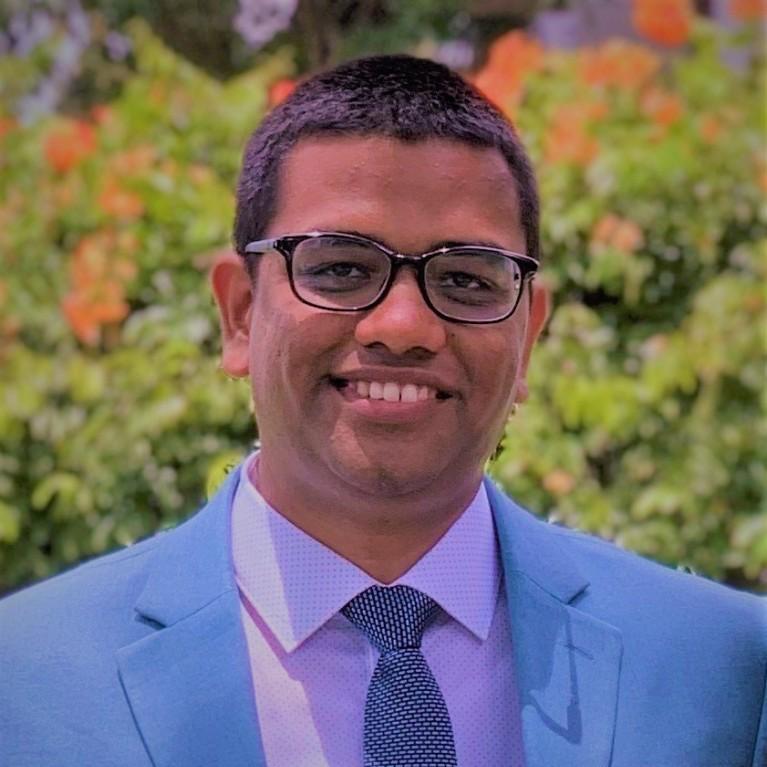Postdoctoral fellow Shashika Bandara joins us from the Department of Global and Public Health at McGill University to discuss his journey from molecular biology to policy advocacy, the urgent need for equity-centered approaches, and why the future of global health depends on dismantling colonial conditioning.
Global Health Otherwise: You’ve had quite a journey—from molecular biology and cancer research to global health policy. What drove this transition?
Shashika Bandara: The shift wasn’t planned, but it was necessary. Working in cancer immunology at Johns Hopkins, I was fascinated by the science, but I kept asking: what good is cutting-edge research if it only benefits those who can afford it? My work with CARE International in humanitarian settings and human rights advocacy in Sri Lanka showed me where the real battles are fought—not just in labs, but in policy rooms where decisions about who gets access to health are made.
Global Health Otherwise: What does it take to build a meaningful career in global health governance?
Shashika: Patience and persistence. This field will test your idealism daily. You’ll see brilliant policies fail because of politics, witness inequities that could be solved tomorrow if there was political will. You need thick skin and a long-term vision. But most importantly, you need to understand power—how it works, who holds it, and how to challenge it constructively. Without that understanding, you’re just writing reports that collect dust.
Global Health Otherwise: Where do you see the biggest failures in current global health governance?
Shashika: The colonial hangover. We’re still operating in systems designed by and for high-income countries, then expecting Global South nations to implement solutions that don’t fit their realities. Look at visa inequity—brilliant minds from the Global South can’t even attend conferences to share their expertise. We call it global health, but it’s hardly global in its decision-making. Until we address these structural discriminations, we’re just perpetuating the problems we claim to solve.
Global Health Otherwise: You’ve been working on consensus building for global health treaties. What have you learned?
Shashika: Consensus often means compromise, and compromise usually favors those with more power at the table. The WHO Framework Convention on Tobacco Control taught me that even when we achieve consensus, implementation is where equity lives or dies. Countries sign treaties, but then face pressure from industries, lack resources, or simply lack the political will to follow through. Real change happens when communities demand accountability from their own governments.
Global Health Otherwise: How can academic institutions better prepare the next generation?
Shashika: Stop teaching global health like it’s charity work. We need to center equity from day one—not as a nice-to-have, but as the foundation of everything. Students need to understand privilege, recognize their own biases, and learn to work with communities, not for them. In our courses at McGill, we’ve been “unplugging global health education from the Matrix”—showing students the uncomfortable truths about how power operates in this field.
Global Health Otherwise: What role does advocacy play in your work?
Shashika: Advocacy is research in action. Our open letter to the Canadian government on vaccine equity during COVID-19 led to meetings with the Prime Minister’s Office. That’s not just academic work—that’s using evidence to push for concrete change. Too many academics hide behind the excuse of objectivity. But objectivity without action in the face of injustice is complicity.
Global Health Otherwise: Looking ahead, what concerns you most about the future of global health governance?
Shashika: That we’ll digitize inequality instead of dismantling it. Technology is being positioned as the great equalizer, but if you can’t afford a smartphone or reliable internet, you’re excluded from “digital health solutions.” We’re also seeing increasing polarization in geopolitics affecting health cooperation. When vaccine nationalism trumps global solidarity, we all lose.
Global Health Otherwise: What gives you hope?
Shashika: Young leaders from the Global South who refuse to accept the status quo. They’re not waiting for permission to lead—they’re creating their own platforms, challenging discriminatory practices, demanding seats at decision-making tables. They understand that decolonizing global health isn’t just academic jargon—it’s survival. When I see students push back against inequitable systems rather than just trying to fit into them, I know change is coming.
Global Health Otherwise: Any final advice for those entering this field?
Shashika: Question everything—especially the systems that benefit you. If you’re from a privileged background, use that privilege to amplify marginalized voices, not to speak over them. If you’re from the Global South, don’t let anyone convince you that your expertise is less valuable. We need champions who stand with each other, mentors who open doors, and collaborators who share power. Most importantly, remember that behind every policy is a person whose life will be affected. Never lose sight of that humanity.
Shashika Bandara is a postdoctoral fellow at the Department of Global and Public Health, McGill University. He co-leads research on policy exemplars addressing structural discrimination in collaboration with the Lancet Commission on Racism, Structural Discrimination and Global Health, and serves as an academic editor for PLOS Global Public Health journal. Connect with him on LinkedIn, Bluesky, and X.

